Senior pharmacy professionals and former members of the Kerala State Pharmacy Council (KSPC) are of the opinion that the Pharmacy Council of India (PCI) should increase the duration of the diploma course (D Pharm) to 3 years by augmenting the training period to at least one year or minimize it with 1,000 hours for smooth completion of the syllabus.
Currently, the course duration is 2 years and therefore the practical training period is 500 hours. This will help the pharmacists to earn more benefits including a higher pay-scale on par with nurses whose diploma is of three years.
Presently, the essential pay-scale of a diploma staff nurse is above the 2-year diploma pharmacist. This rift in pay is often filled up with the three-year diploma course, they observe.
According to B Rajan, former president of the KSPC, the govt universities are unwilling to conduct the bridge course (B Pharm practice) for diploma holders due to the 2-year duration of the course. If the amount is raised to 3 years, universities will come to the fore to conduct the bridge course.
He was told by the former vice-chancellor of a government university that the senate would permit the bridge course provided the diploma course became a 3 year one.
In India, the bridge course was started by a couple of private universities in some states, but within the government sector, no university has thus far taken any initiative to start out it citing the short duration of the essential course because of the reason. He said all the schools want to boost the amount of D Pharm to 3 years.
Similarly, consistent with Rajan the five hundred hours training period isn't sufficient to equip a student to become a full-fledged pharmacist. He must gain training either in industry or during a pharmacy for a minimum period of 1 year or 1,000 hours.
The curriculum committee should revise the syllabus and pattern in such how that the third year of the course must be a period of practical training for the scholars to realize knowledge and knowledge from industry, hospital pharmacy, and community pharmacy.
Further, the letter sent to the PCI’s education regulation committee by Rajan and his team of former members of KSPC says that the syllabus committee must revise the pattern of the syllabi to resolve the deficiencies in subjects prescribed for the course.
The hours stipulated for the themes like pharmaceutics, pharmaceutical chemistry, and pharmacology are inadequate, therefore the period for the idea classes has got to be enhanced. Further, the syllabus should include industrial visits, training in hospital pharmacies and in community pharmacies.
Supporting the proposals given by the ex-president of the KSPC, KR Dineshkumar, a member of PCI from Kerala, who is additionally a member of the syllabus revision committee of the PCI, said this proposal is extremely relevant and he supported it within the committee meetings.
Further, he said he will persuade the committee to think about this proposal because it won't only benefit the diploma holders but even be a benefit for the bridge course B Pharm (practice).
Also watch:
Currently, the course duration is 2 years and therefore the practical training period is 500 hours. This will help the pharmacists to earn more benefits including a higher pay-scale on par with nurses whose diploma is of three years.
Presently, the essential pay-scale of a diploma staff nurse is above the 2-year diploma pharmacist. This rift in pay is often filled up with the three-year diploma course, they observe.
According to B Rajan, former president of the KSPC, the govt universities are unwilling to conduct the bridge course (B Pharm practice) for diploma holders due to the 2-year duration of the course. If the amount is raised to 3 years, universities will come to the fore to conduct the bridge course.
He was told by the former vice-chancellor of a government university that the senate would permit the bridge course provided the diploma course became a 3 year one.
In India, the bridge course was started by a couple of private universities in some states, but within the government sector, no university has thus far taken any initiative to start out it citing the short duration of the essential course because of the reason. He said all the schools want to boost the amount of D Pharm to 3 years.
Similarly, consistent with Rajan the five hundred hours training period isn't sufficient to equip a student to become a full-fledged pharmacist. He must gain training either in industry or during a pharmacy for a minimum period of 1 year or 1,000 hours.
The curriculum committee should revise the syllabus and pattern in such how that the third year of the course must be a period of practical training for the scholars to realize knowledge and knowledge from industry, hospital pharmacy, and community pharmacy.
Further, the letter sent to the PCI’s education regulation committee by Rajan and his team of former members of KSPC says that the syllabus committee must revise the pattern of the syllabi to resolve the deficiencies in subjects prescribed for the course.
The hours stipulated for the themes like pharmaceutics, pharmaceutical chemistry, and pharmacology are inadequate, therefore the period for the idea classes has got to be enhanced. Further, the syllabus should include industrial visits, training in hospital pharmacies and in community pharmacies.
Supporting the proposals given by the ex-president of the KSPC, KR Dineshkumar, a member of PCI from Kerala, who is additionally a member of the syllabus revision committee of the PCI, said this proposal is extremely relevant and he supported it within the committee meetings.
Further, he said he will persuade the committee to think about this proposal because it won't only benefit the diploma holders but even be a benefit for the bridge course B Pharm (practice).
Also watch:
.png)
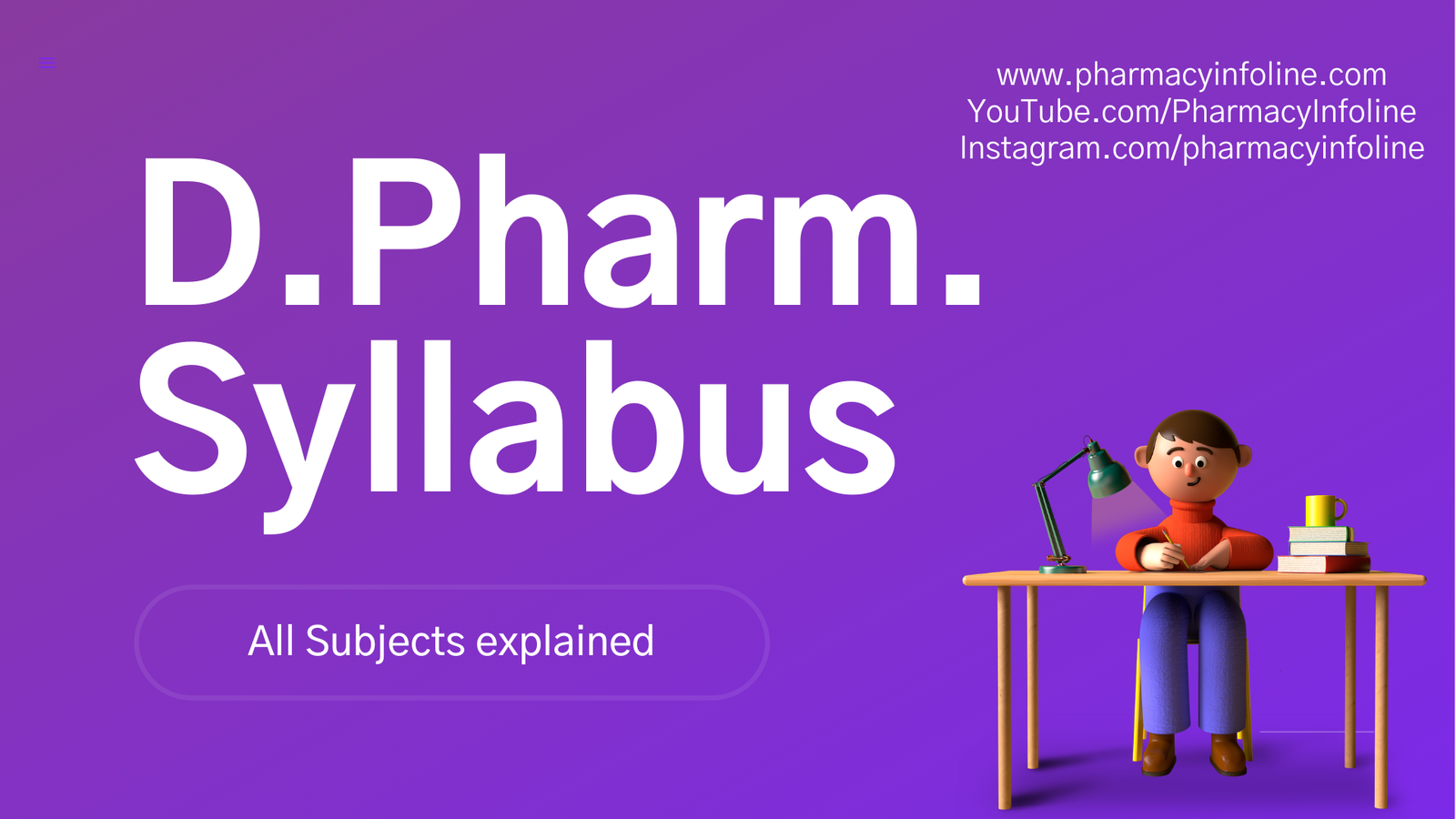




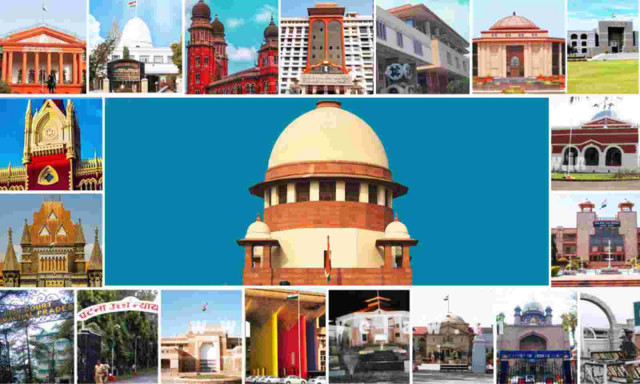


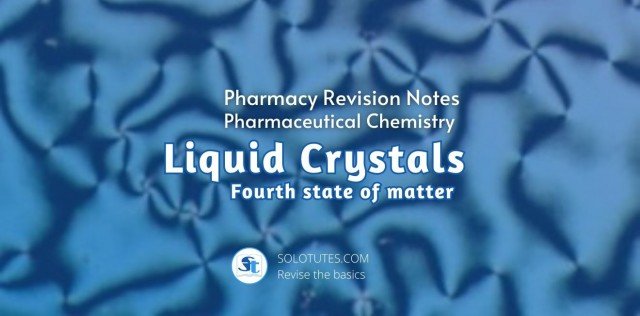

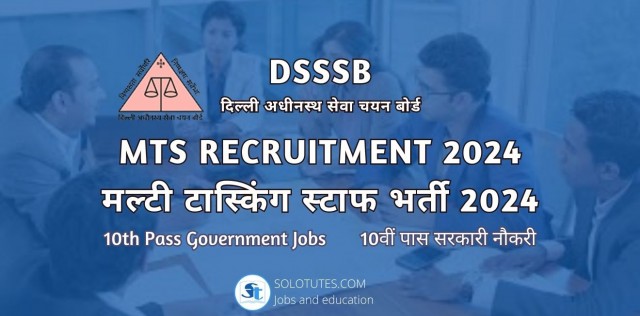


.jpg)



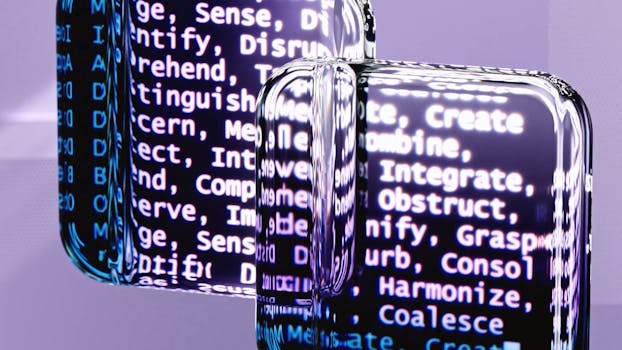


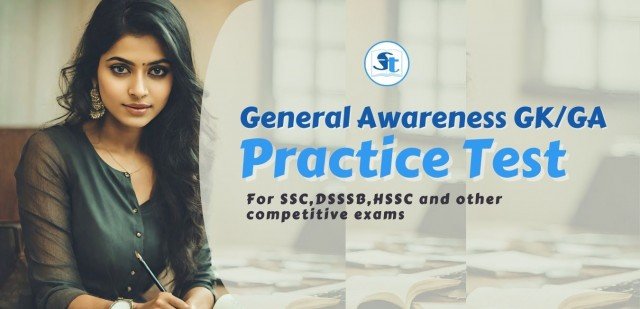
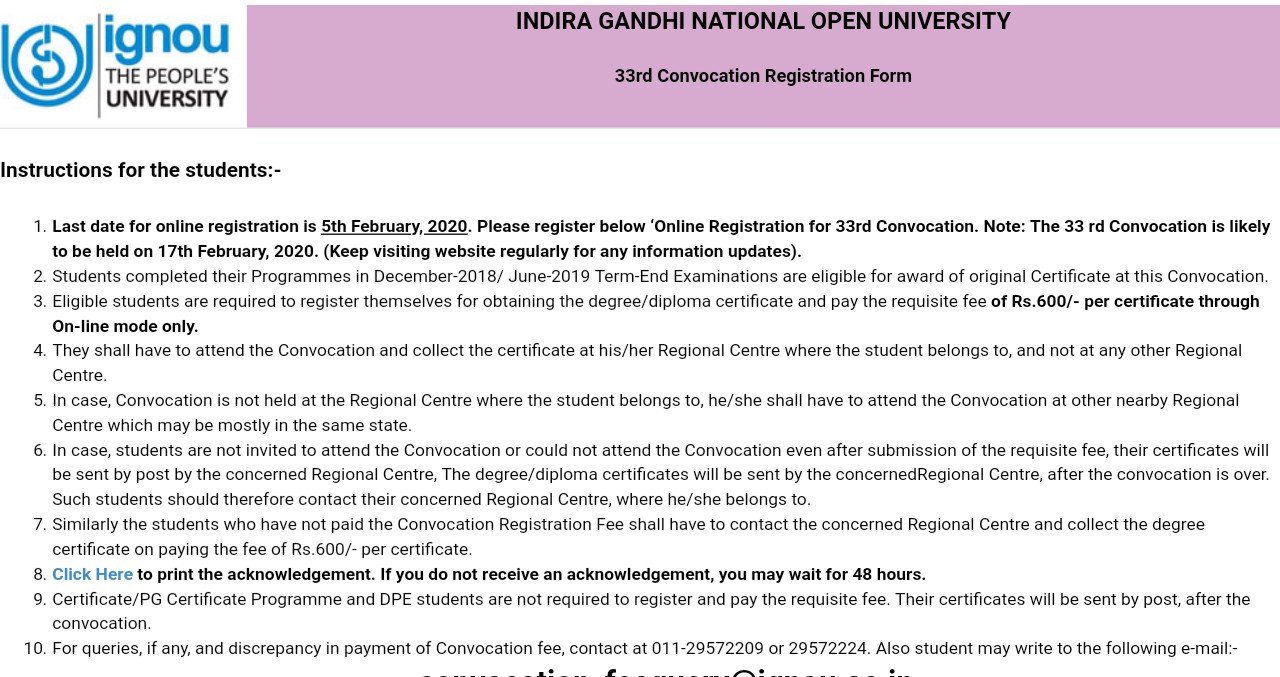 Registration Open For IGNOU's 33rd Convocation Programme 2020
Registration Open For IGNOU's 33rd Convocation Programme 2020  DSSSB : List of exams scheduled on 01, 09, 10, 16 and 17 of October 2021
DSSSB : List of exams scheduled on 01, 09, 10, 16 and 17 of October 2021